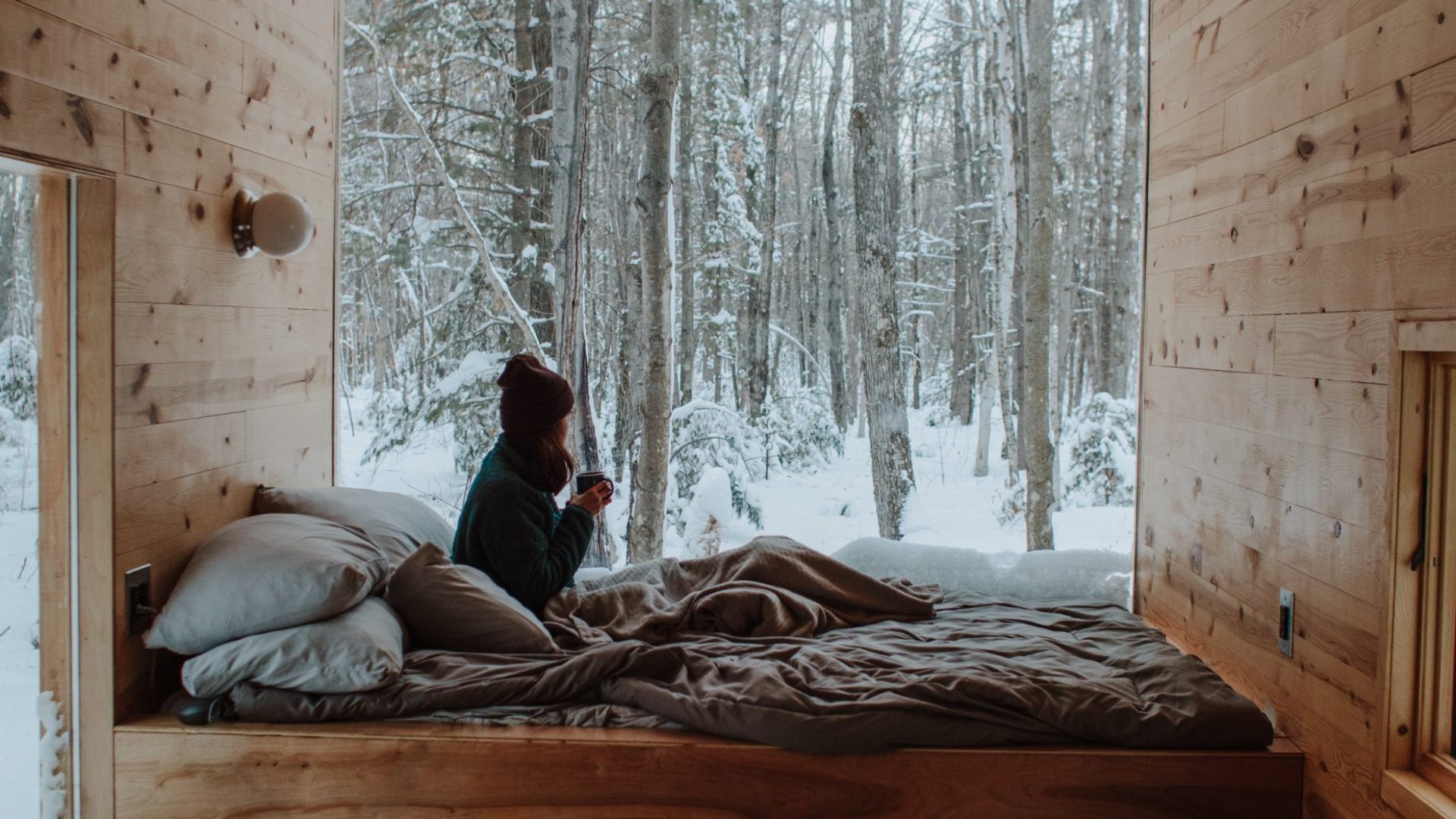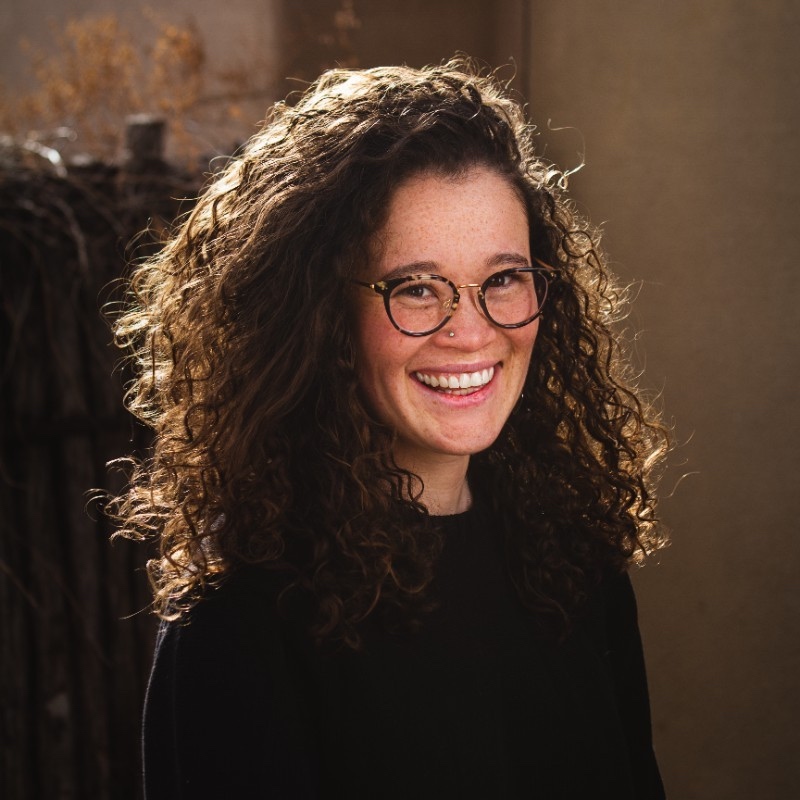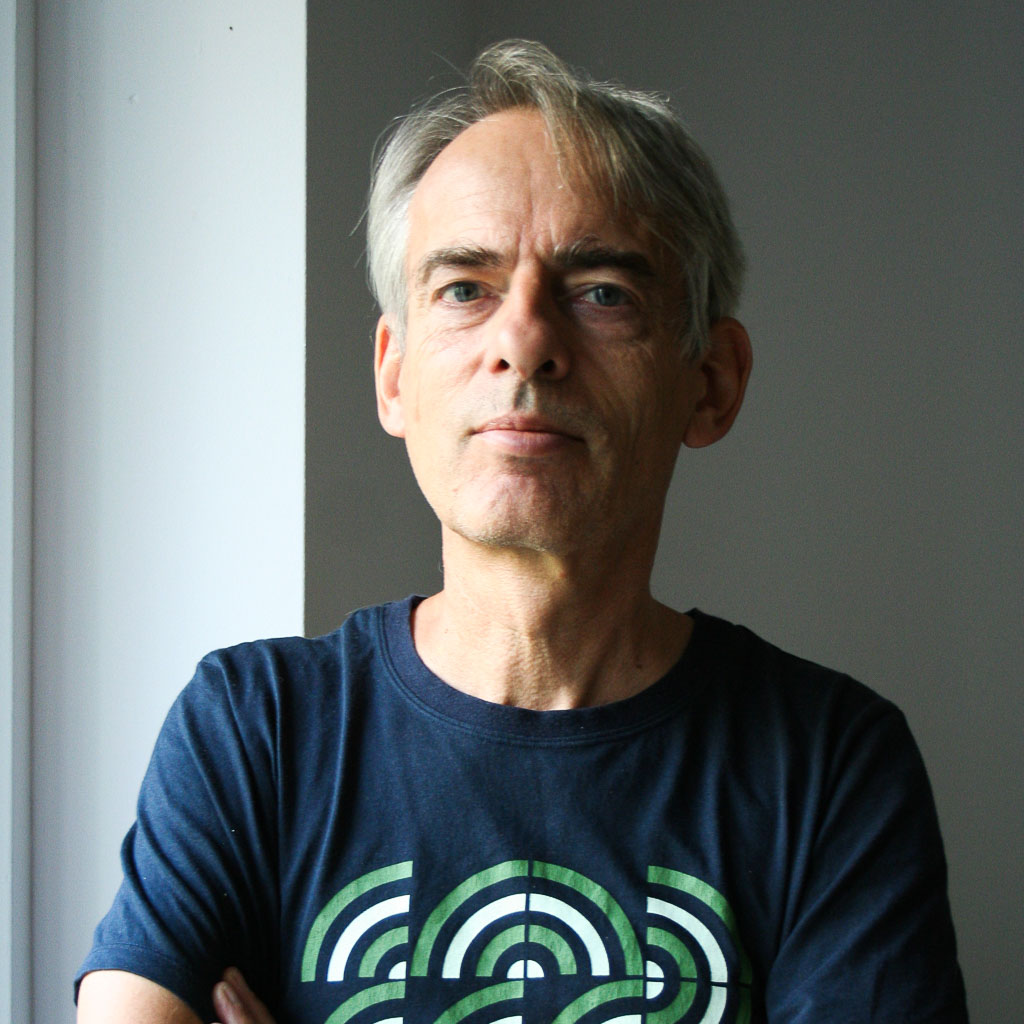
Airbnb has become so prolific that it is now used as a verb to describe the action of peer-to-peer renting. Could its moment in the spotlight be over as house-swapping gains traction?


Airbnb has become so prolific that it is now used as a verb to describe the action of peer-to-peer renting. Could its moment in the spotlight be over as house-swapping gains traction?
While house swaps aren’t new by any means—the concept has been a touchstone for frugal and adventurous travelers who enjoy more community-centered experiences for decades—actually taking part in a swap required making connections and posting ads, not to mention having trust in strangers being in your home while you aren’t.
Then came Airbnb. When the app launched in 2008, it revolutionized travel. Overnight, traveling became much more affordable for a wide swath of the population (as long as you were willing to sleep on a literal air mattress in some cases). It also provided much-needed income for young homeowners who could now pay for the roof over their heads much more easily thanks to strangers willing to pay for their extra space.
Today, though, Airbnb’s business model has become the stuff of both dreams and nightmares for homeowners, travelers, and entire communities. Last month, New York enacted a crackdown on Airbnb after studies (and experience) began showing how short-term rentals threaten affordable and available housing for locals. In 2021, Outside investigated whether the platform had “killed the mountain town.” What was once affordable is now not so much, as short-term rentals can often cost just as much or more than hotel rooms in the same area. While you can’t equate an entire house to a hotel room, that’s not really the point—the point is that a once-niche platform went wildly mainstream, and now the hole it meant to fill is starting to leak.
Enter a resurgence in the trusty house swap. Except now, it’s modernized, with platforms looking to centralize a community and make it easier—and safer—to find an amazing place to stay, for free.
Kindred is a house-swapping platform that seems like quite a luxury alternative to other “free” options like Trusted Housesitters and Couchsurfing. I came across it recently via targeted ads on Instagram, which seem to have heard me pondering with a friend why house swapping isn’t a more available option. Kindred raised $15 million earlier this year and has all the aesthetics of the most plush Airbnb rentals. Prospective members apply to the community by answering questions such as whether your home has “cohesive” or “eclectic” décor, whether it’s sparsely furnished, and whether you have stainless steel appliances and live in a walkable neighborhood. Then, you’ll have to upload photos or a video tour of your house before you get approval.
The premise of house-swapping is that you literally swap homes with other homeowners, for free, and with mutual trust that you will treat each other’s home with respect. The most famous example of this was in the film “The Holiday,” where an England-based Kate Winslet and Los Angeles-based Cameron Diaz swap houses and a romantic comedy ensues (it appears to be required to mention the film and its premise, as you’ll be hard-pressed to find any articles about house-swapping that don’t).
The catch with Kindred is that it’s not actually free, which is theoretically the main point of house-swapping. Membership costs USD $300 per year, plus guests also pay a cleaning fee of about $250 (or more) and up to $35 per night in service fees to the platform. The host sees none of this money. Plus, you have to have a whole house on offer to participate, which means the most likely beneficiaries of house-swapping—cash-strapped Millennials and Gen-Z-ers living with housemates—aren’t eligible for the service unless they can convince all the housemates to skip town at the same time.
Even still, the market appears ripe for exploration. So far this year, LoveHomeSwap and HomeExchange—two other swap platforms—have announced 76 percent and 181 percent increases in swaps and daily exchanges over the previous year, respectively.
Kindred’s co-founder told Skift earlier this year that rental platforms like Airbnb are too commercialized for the individual user who doesn’t want their actual, lived-in home to become inventory.
“Airbnb and VRBO have increasingly professionalized their supply,” Justine Palefsky told Skift. “By and large, their inventory is coming from full-time investment homes,” she said. “People aren’t comfortable joining Airbnb or a similar company with their primary residence as it’s become more professionalized. That’s where it started, but (now) it’s not where the host lives day-to-day.”

Kassondra Cloos is a travel journalist from Rhode Island living in London, and Adventure.com's news and gear writer. Her work focuses on slow travel, urban outdoor spaces and human-powered adventure. She has written about kayaking across Scotland, dog sledding in Sweden and road tripping around Mexico. Her latest work appears in The Guardian, Backpacker and Outside, and she is currently section-hiking the 2,795-mile England Coast Path.






Can't find what you're looking for? Try using these tags: